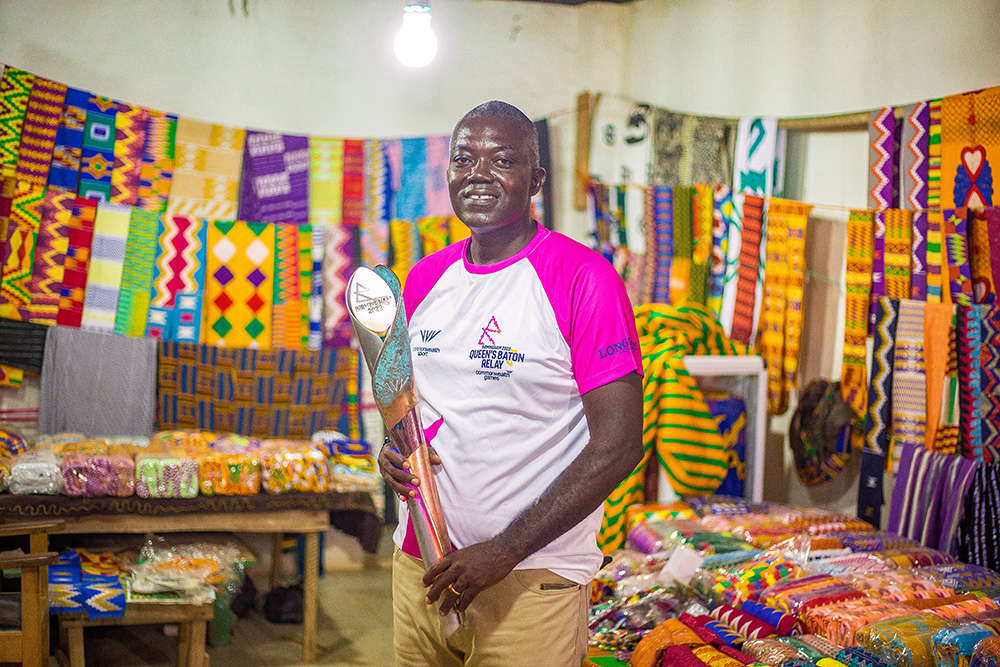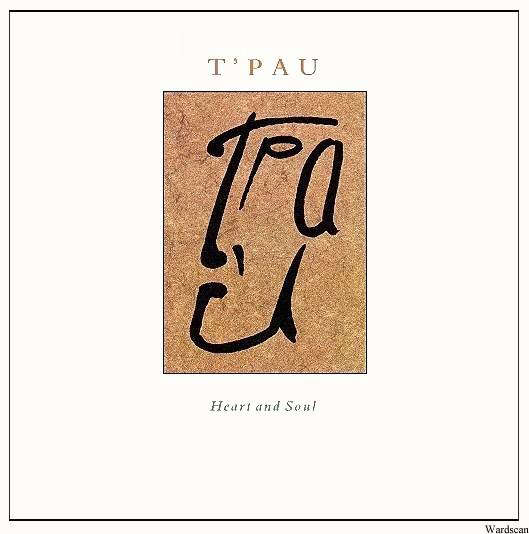
In the 20 days since launching at Buckingham Palace on 7 October, the Birmingham 2022 Queen’s Baton Relay has visited six Commonwealth nations, spanning two continents.
The Queen’s Baton Relay is a tradition that celebrates, connects, and excites communities from across the Commonwealth during the build up to the Games. It officially began on 7 October when Her Majesty The Queen placed her message to the Commonwealth into the Baton.
The Queen’s Baton is now embarking on an incredible 294-day journey, visiting all 72 nations and territories of the Commonwealth, before returning to the Opening Ceremony of Birmingham 2022 on 28 July 2022. The Baton’s journey started in Cyprus, then Malta, before beginning its West African journey on 16 October in Nigeria, followed by The Gambia, Sierra Leone, and Ghana.
During the visits, each Commonwealth Games Association hosts a busy schedule of events and activities that aim to showcase the stories of Batonbearers, as well as visits to projects that address at least one of the 17 United Nations Sustainable Development Goals.
After arriving in Nigeria, the Baton toured the capital city of Abuja with a visit to Aduvie International School, the partner institution to the University of Birmingham, where students performed a dance, inspiring audience members to join in. As official partner of the international sector of the Queen’s Baton Relay, the University selected 17-year-old Abaiola Joy Jonathan to represent the school as a Batonbearer for her passion and work on equal rights and pay in women’s sport.
Activity for the Queen’s Baton Relay began in The Gambia on 20 October, where it visited multiple initiatives including the Banjul Coconut Tree project, which aims to prevent coastline erosion. The Baton toured Abuko Nature Reserve by boat, surrounded by mangroves and numerous species of birds.
While in Sierra Leone, the Baton visited many local historical sites, including the Cotton Tree in the capital city, Freetown, which is seen as a symbol of freedom. During a visit to Kent Village, local historian, Taimu A. Turay spoke passionately about the history of the village, which was once used as a slave port and is now a fishing port. Linking the present with the past, he described the role enslaved persons had played in clearing the passage for boats, which is still used today. In closing his address, Turay led the crowd in a rendition of a song that used to be sung to mark the passage and return of enslaved persons.
The West African section of the journey ended in Ghana, where 100 Batonbearers, including Ghanaian Olympic medallist Samuel Takyi, carried the Baton during the two-day trip. It toured the capital city of Accra, before visiting the king of the Asante Kingdom, Otumfuo Osei Tutu II Asantehene, at Manyhyia Palace. The Baton also visited the towns of Bonwire and Ntonso, which are the birthplaces of Kente cloth and Adinka cloth, respectively. Lisa Hampton, Head of The Queen’s Baton Relay, said:
“The Queen’s Baton Relay celebrates each nation and territory of the Commonwealth, and connects the communities within them. Seeing the Baton, which was made in the West Midlands, reaching the cities, towns and villages in Africa, allows us to take a slice of Birmingham across the world and excite people in the build up to the Commonwealth Games.
“There has been an incredible amount of engagement from each destination that we’ve visited so far. With 66 nations and territories to go, thousands more inspirational Batonbearers will have the special opportunity to carry the Baton, instilling hope, solidarity and collaboration into the next generation as well as showing the best of their community to the rest of the Commonwealth.”
The Queen’s Baton Relay is now set to continue its journey to the remaining Commonwealth nations in Africa, with upcoming visits including Kenya, and Uganda.
For more information on the Queen’s Baton Relay and to follow the Baton’s journey, visit birmingham2022.com.












Comments
Add a comment